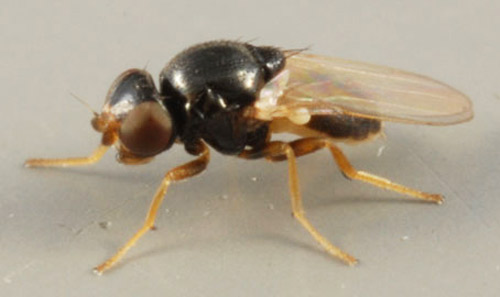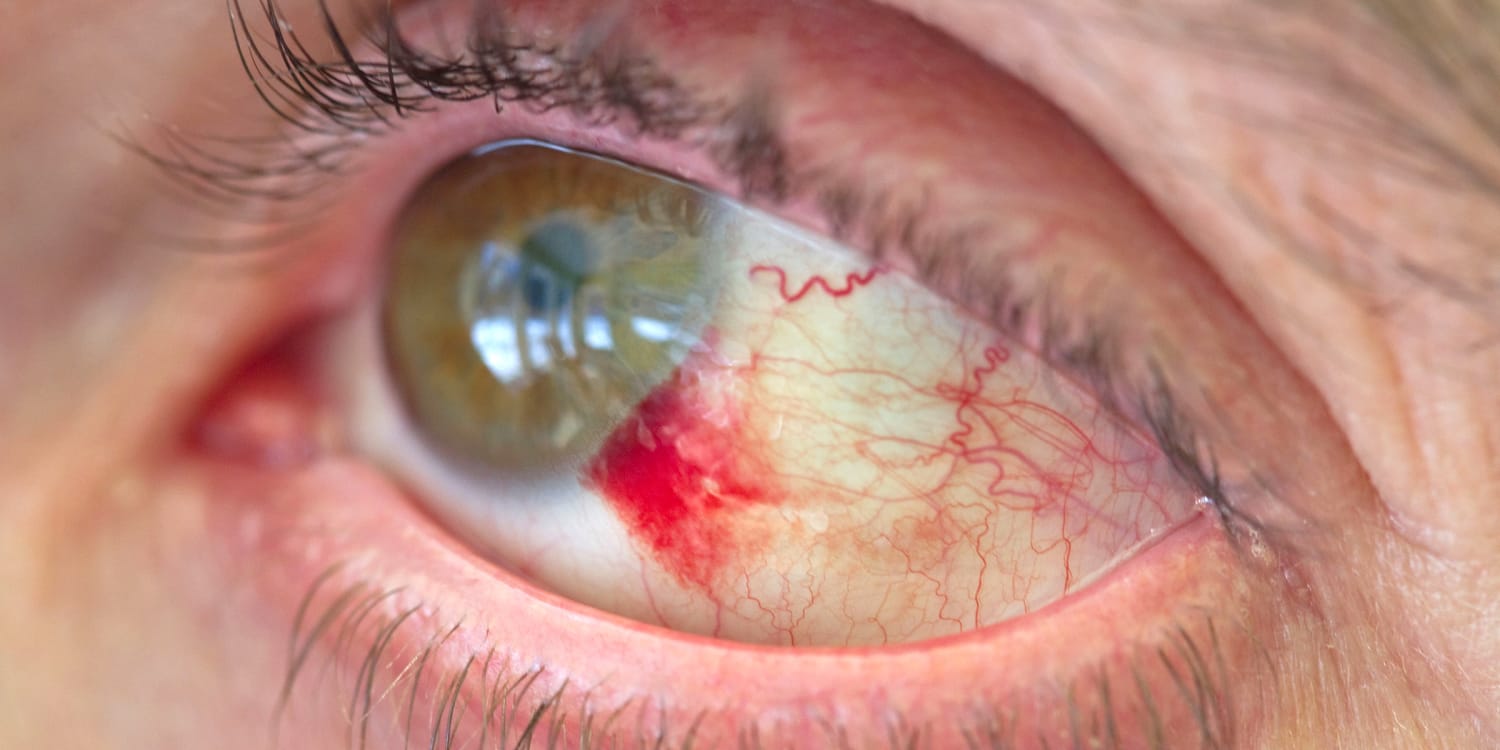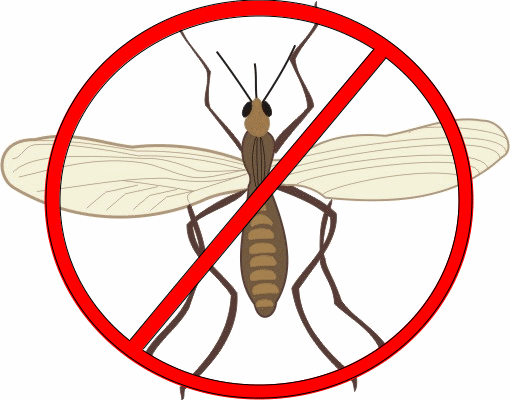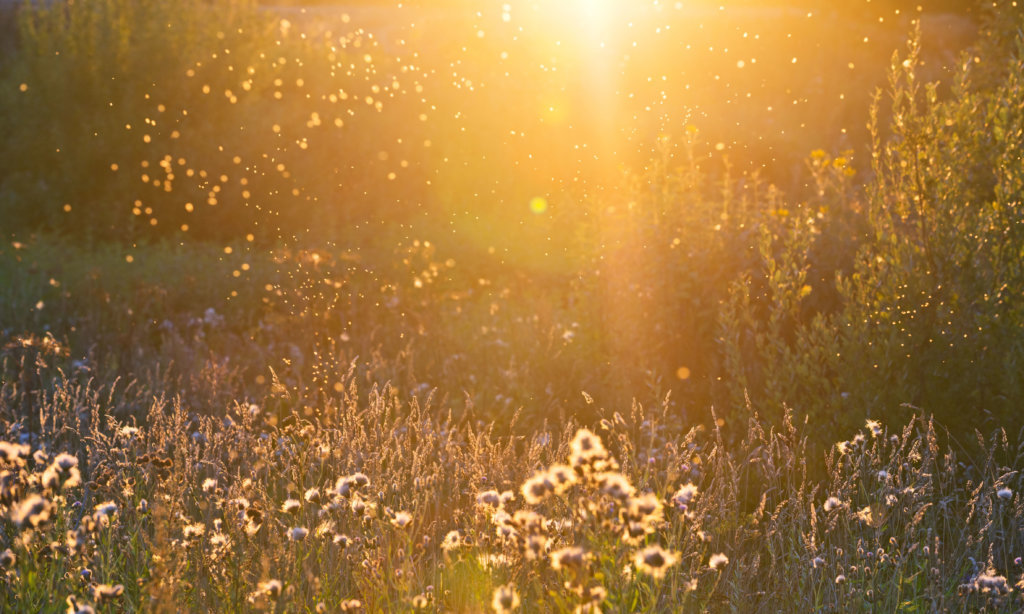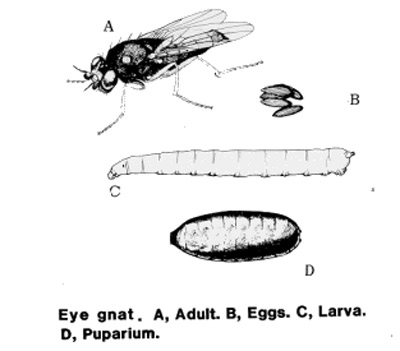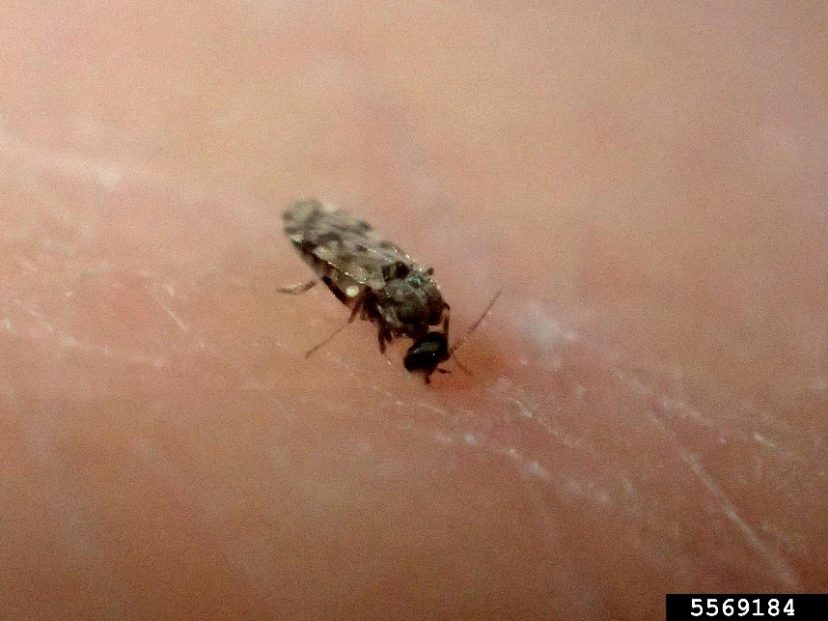How To Get A Gnat Out Of Your Eye
/__opt__aboutcom__coeus__resources__content_migration__mnn__images__2014__08__gnat-176868f0d821457c84586b8fceb43a89.jpg)
When the gnats are infesting your drains combine one of the above diy traps with a drain treatment that eliminates the gnats at their source.
How to get a gnat out of your eye. Cover the cup with plastic wrap and poke holes in it with a pen. Next pour 1 cup of white vinegar down the drain. The smell of apple cider vinegar attracts gnats like crazy and the soap prevents them from flying thereby drowning them inside the cup. Wash your hands with soap and warm water for at least 30 seconds.
Try flushing with visine before and after you do this. Exterior lighting replacing standard exterior light bulbs with low voltage bug light bulbs that are less attractive to flying insects. Allow the mixture to foam and remain in the drain for at least two hours. Pour the water into your eye to.
Multiple 1 litre plastic bottle. This trap is particularly effective against eye gnats. Grab your eyelashes pull your eyelid out and up as far as possible take a kleenex double it over and press ontop of gnat it should stick to the kleexex. Cut one of these sheets into 3 feet by 3 feet sections.
Pour 1 2 cup of salt and 1 2 cup of baking soda down the drain. Rest the rim of the glass on the bone located at the base of your eye socket. Home remedy for keeping gnats out of eyes. Choose a hat with a wide brim baseball cap or hat with a tall top.
You could use this trap outdoors and it s going to emit a nasty smell. While this may not get rid of all of them gnats often flock to the highest point on your body so they may fly toward the hat instead of your mouth or nose. Mosquito netting comes in sheets. Crack four eggs in the 1 gallon container and add fill the container with water.
Wear a hat to keep the gnats out of your eyes nose and mouth. Egg bait trap for eye gnats. The holes allow the gnats to crawl into the cup. Cover garbage always keeping garbage cans and other trash containers clean and covered.
To make this trap you will need following. Protect your face from gnats with netting. Eliminate moist soil avoiding overwatering of outside plants and lawns.





